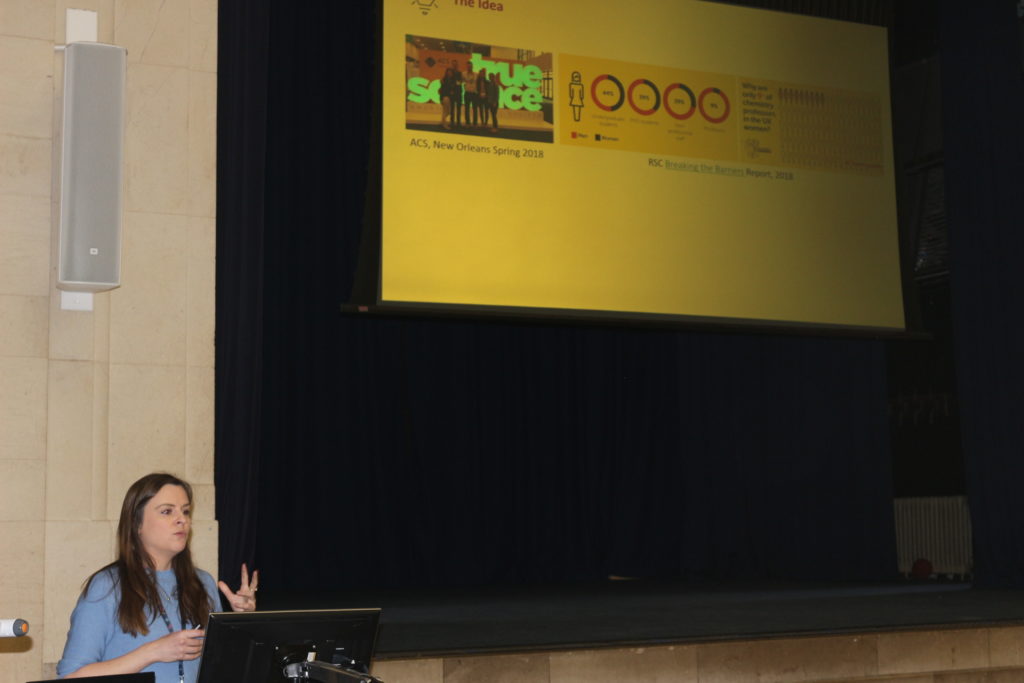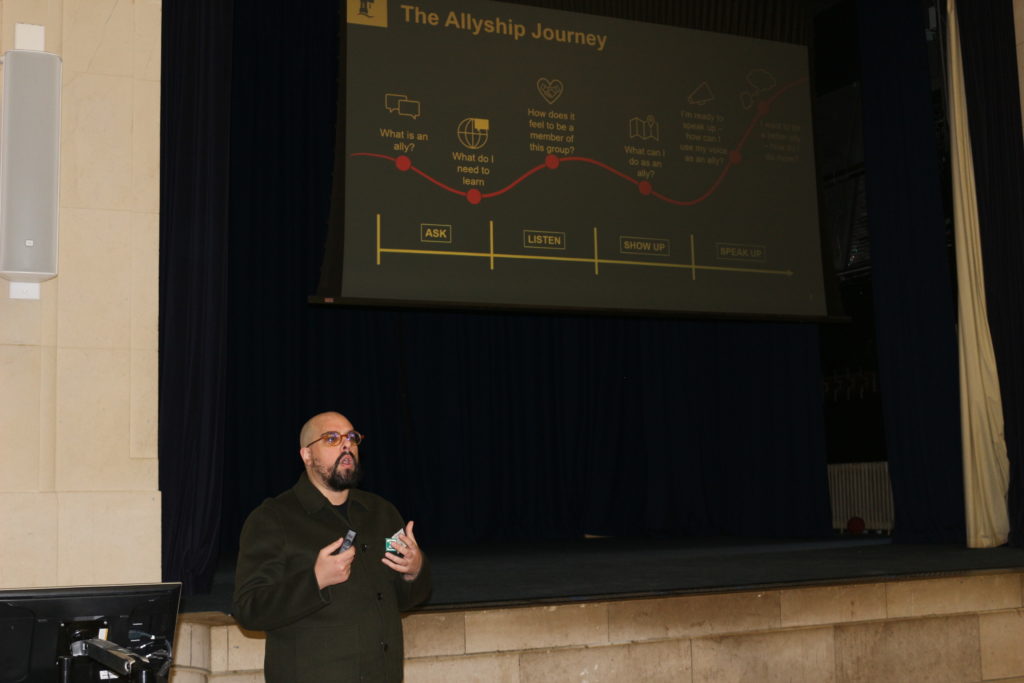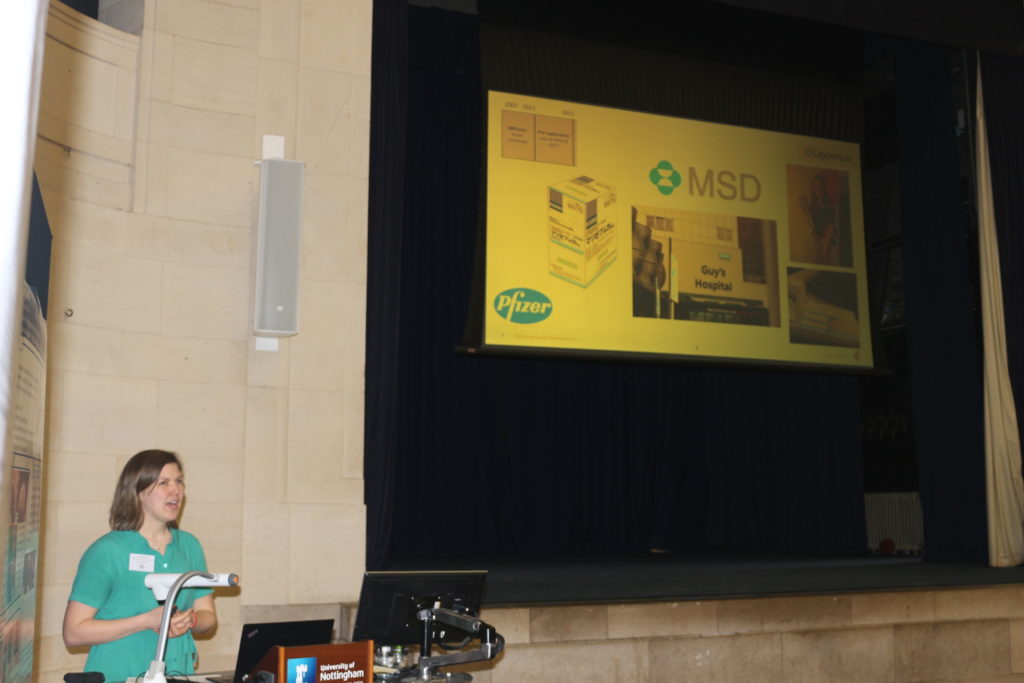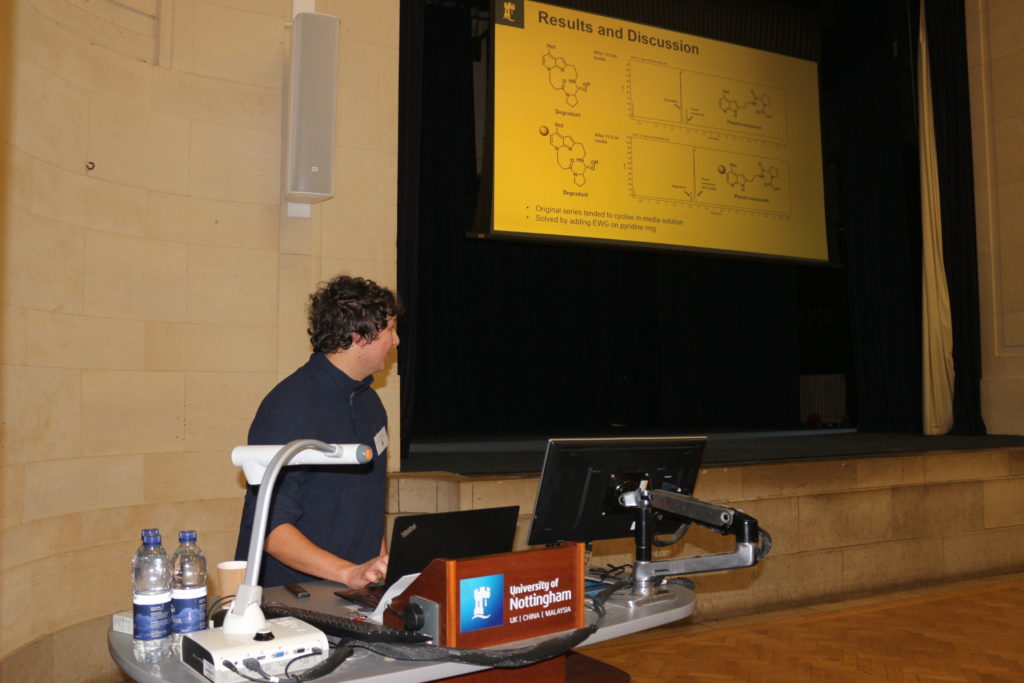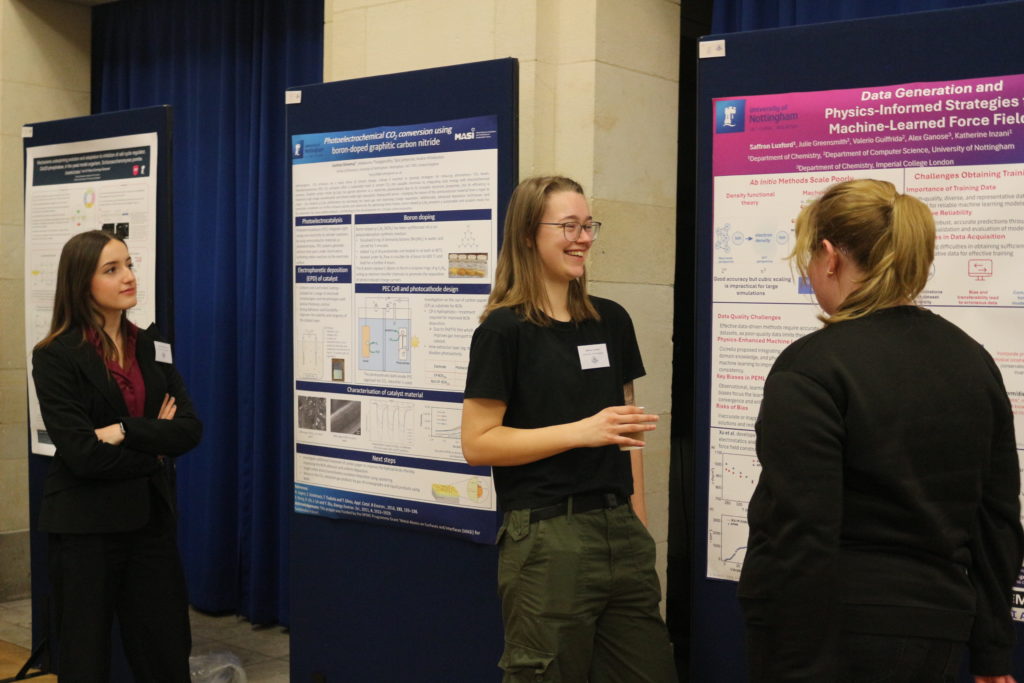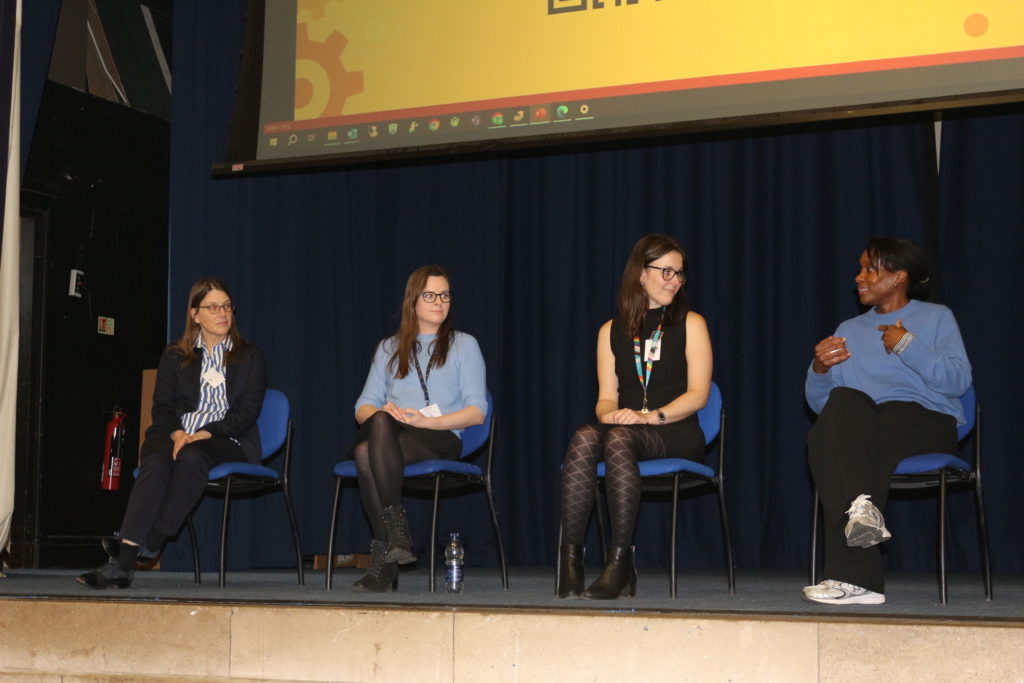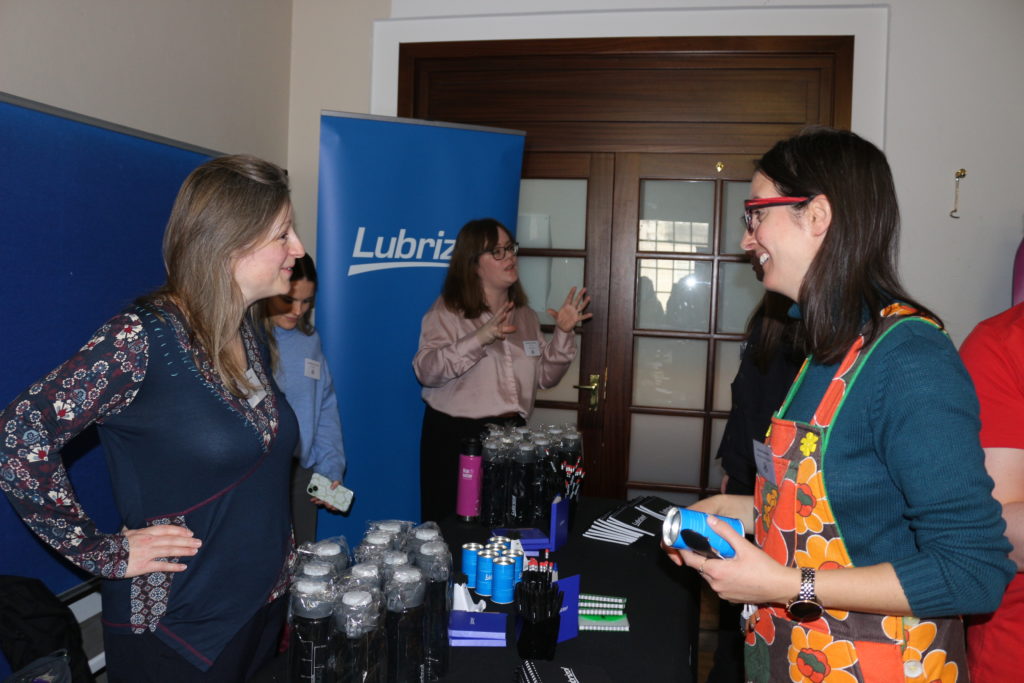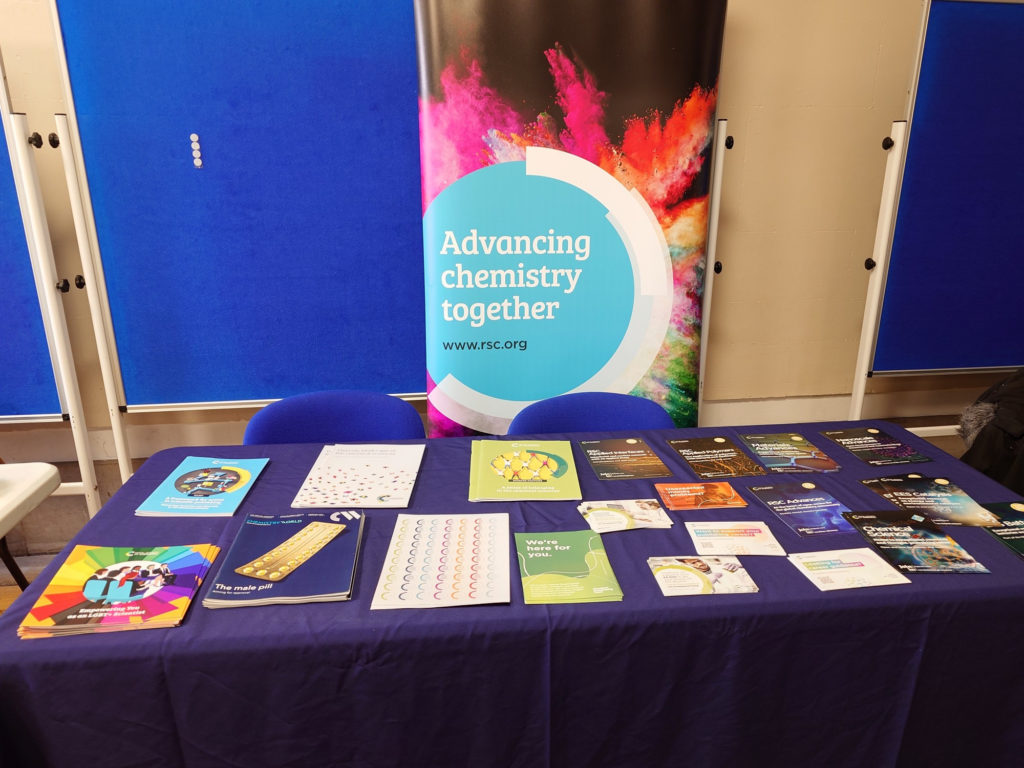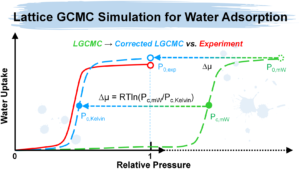Meet our Early Career Advisory Board members who work on interfaces in electronic, photonic, and optoelectronic devices
We announced our inaugural Advisory Board for RSC Applied Interfaces in early September. In this series of blog posts, we will be shining a spotlight our new Early Career Advisory Board members and introducing them to you!
This week we are delighted to introduce Stefano L. Oscurato, Artiom Skripka, Hyojung Kim and Jessica Wade as members of our inaugural Early Career Advisory Board.
 Stefano L. Oscurato, University of Naples Federico II
Stefano L. Oscurato, University of Naples Federico II
ORCID: 0000-0002-1814-8033
Stefano L. Oscurato is Associate Professor at the Physics department “Ettore Pancini”, University of Naples “Federico II” (Italy). He received his PhD in Physics from University of Naples in 2018. His successive postdoctoral research fellowships involved research periods in Italy and USA, working on the development of optical techniques to investigate structural and optical properties of polymeric and nanostructured materials. Prof. Oscurato received the ERC Starting Grant in 2024 and is currently leading the Holographic Lithography research group, which focuses on the development of holo-photolithographic techniques for all-optical fabrication and tuning of reconfigurable flat diffractive components and functional structured surfaces.
“I am honored to join the Early Career Advisory Board of RSC Applied Interfaces. With a strong research background in optical physics and nano/microstructuring techniques, I look forward to supporting the journal’s mission to advance cutting-edge developments at the intersection of optics, materials science, and interface engineering.”

Artiom Skripka, Oregon State University
ORCID: 0000-0003-4060-4290
Dr. Artiom Skripka is an Assistant Professor in the Department of Chemistry at Oregon State University. His research focuses on nonlinear emitters, including lanthanide-doped nanoparticles, for applications ranging from bioimaging and sensing to optical computing. Currently, Dr. Skripka is developing novel host materials for lanthanide dopants and studying the nontrivial energy exchange pathways between them. His previous efforts in this area have yielded methods for imprinting photon avalanches onto linear emitters and led to the discovery of intrinsic optical bistability in photon avalanching nanocrystals.
“I’m excited to serve on the Early Career Advisory Board for RSC Applied Interfaces, to promote the journal’s visibility, multidisciplinary reach, and academic impact.”
 Hyojung Kim, Sejong University
Hyojung Kim, Sejong University
ORCID: 0009-0002-7120-2243
Dr Hyojung Kim received BSc and MSc degrees in Chemical Engineering from Sungkyunkwan University. She earned her PhD in Materials Science and Engineering in 2021 from Seoul National University under the supervision of Prof. Ho Won Jang, where her research focused on halide perovskite based resistive switching memories. Dr Kim began her independent career in 2023 as an Assistant Professor in the Department of Semiconductor Systems Engineering at Sejong University. Her group studies materials interfaces for emerging non volatile memories, with emphasis on resistive switching devices (RRAM/memristors), in memory and neuromorphic computing, and lead free electronic materials. In particular, the group investigates the structural and chemical mechanisms governing ion migration and redox processes to improve switching uniformity and endurance, and to reduce variability.
“I look forward to bridging fundamental interfacial physics and chemistry with practical devices and to supporting an open, inclusive community around the journal.”
 Jessica Wade, Imperial College London
Jessica Wade, Imperial College London
ORCID: 0000-0003-2866-3941
Dr Jess Wade is a Royal Society University Research Fellow and Lecturer in Functional Materials in the Department of Materials at Imperial College London. Her research considers new materials for optoelectronic devices and quantum technologies, with a focus on chiral systems and the identification of strategies to control photon and electron spin. She is co-chair of the M4QN Materials Interest Group in Molecules for Quantum. She is a member of Imperial’s Centre for Quantum Engineering, Science and Technology Management Board, the SPIE Board of Directors and the UK Government’s Quantum Strategic Advisory Board. Outside of the lab, Jess is involved with several science communication and outreach initiatives. She is committed to improving diversity in science, both online and offline. She has written a series of children’s picture books on science with Walker.
“Interfaces are integral to the structure and function of thin films and devices. I’m excited to work with the RSC on this important journal, advocate for surface science, horizon scan for future areas of interest and champion early career researchers. Woohoo!”
Please join us in welcoming our new Early Career Advisory Board members to the journal community! See our full line-up of Early Career Advisory Board members here.






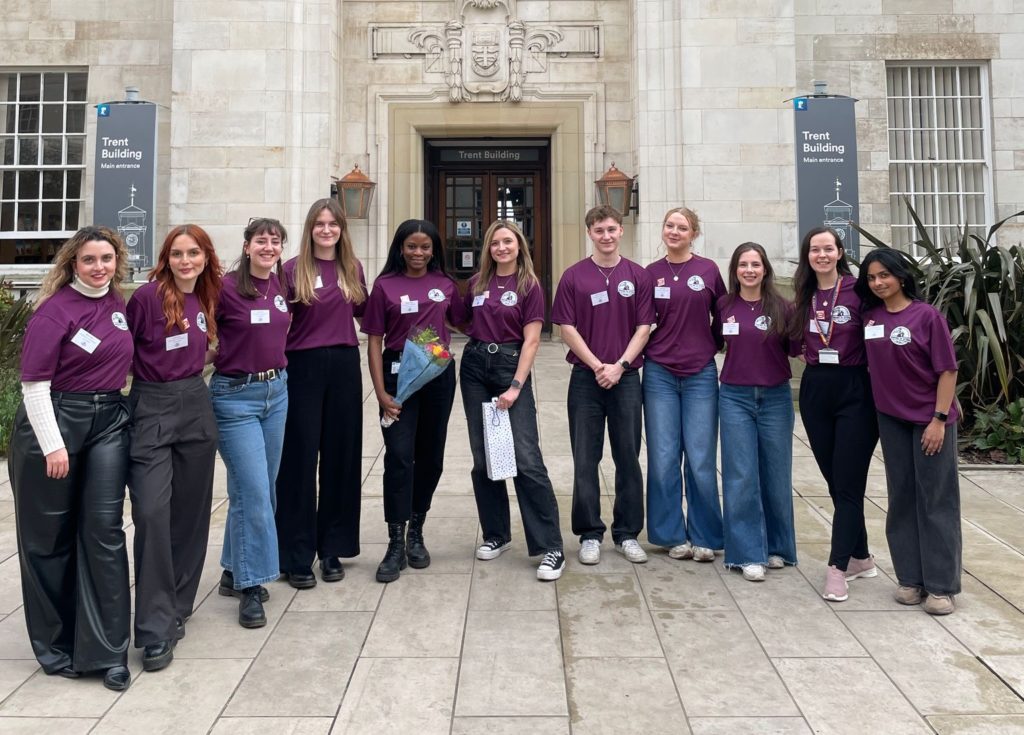 Originally founded by three PhD students, the
Originally founded by three PhD students, the 